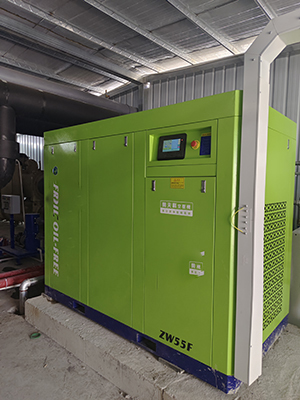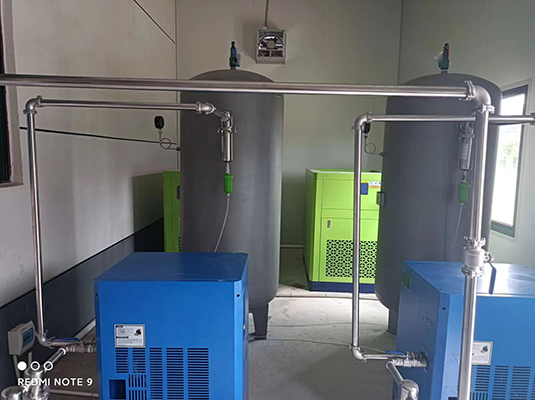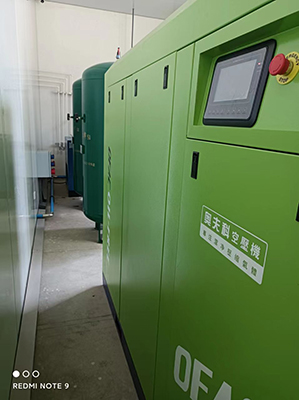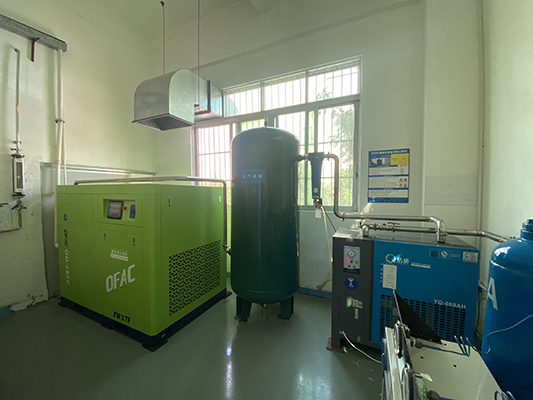Innovative Variable Frequency Screw Air Compressors for Smart Factory Integration
News 2025-10-31
Variable frequency screw air compressors are pivotal in modern industrial settings, particularly within smart factories that leverage automation and data analytics. These systems use variable frequency drives to adjust motor speed dynamically, ensuring optimal air delivery that aligns with real-time demand. This capability not only enhances energy efficiency but also supports seamless integration with IoT devices for monitoring and control, reducing waste and improving overall productivity in manufacturing processes.

Application Scenarios in Smart Factories
In automated assembly lines, these compressors provide precise air pressure for robotic arms and conveyor systems, enabling high-speed operations without fluctuations. They are also essential in CNC machining and 3D printing, where consistent airflow maintains accuracy in complex tasks. Additionally, in pharmaceuticals and food processing, they ensure controlled environments by adapting to varying pressures, supporting hygiene and efficiency in sensitive production areas.
Performance Advantages
These compressors offer superior energy savings by matching output to demand, potentially cutting consumption by up to 35%. Their design reduces mechanical stress through smooth speed adjustments, extending lifespan and minimizing maintenance needs. When integrated with smart systems, they enable predictive analytics for fault detection, enhancing reliability and allowing factories to operate with greater uptime and cost-effectiveness.
Frequently Asked Questions
1. What is a variable frequency screw air compressor?
A device that uses a variable frequency drive to regulate motor speed, delivering adjustable compressed air to meet specific industrial requirements efficiently.
2. How do they enhance smart factory operations?
By providing real-time adaptability and connecting with digital networks for automated control, they optimize energy use and support data-driven decision-making in production.
3. What are the main benefits for industrial applications?
They deliver energy efficiency, reduced downtime through better control, and lower operational costs, making them vital for sustainable and high-performance manufacturing.


